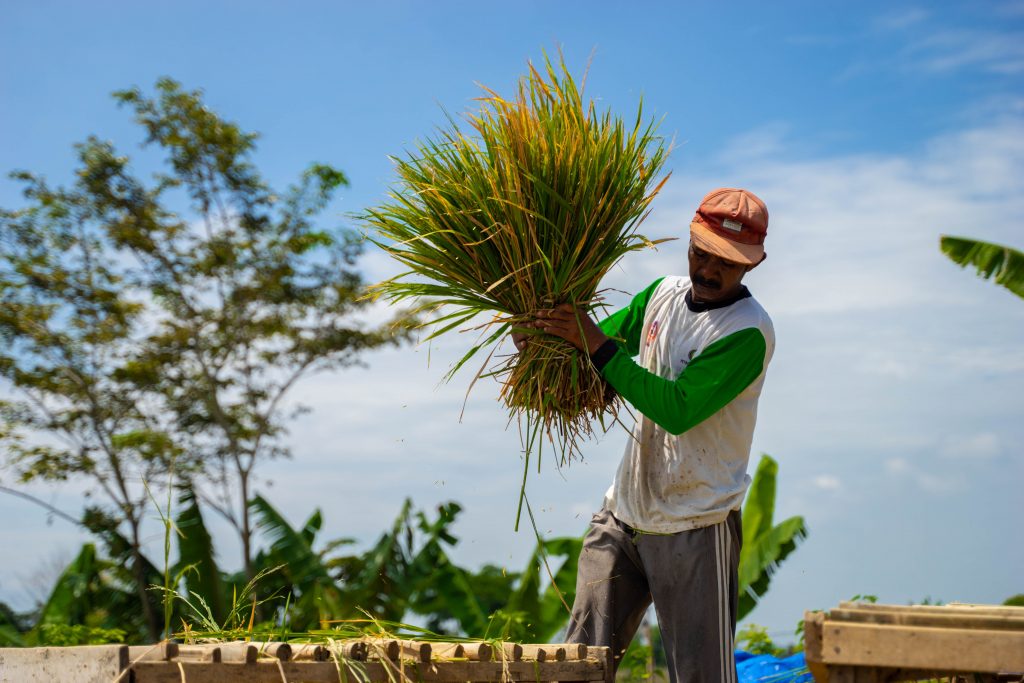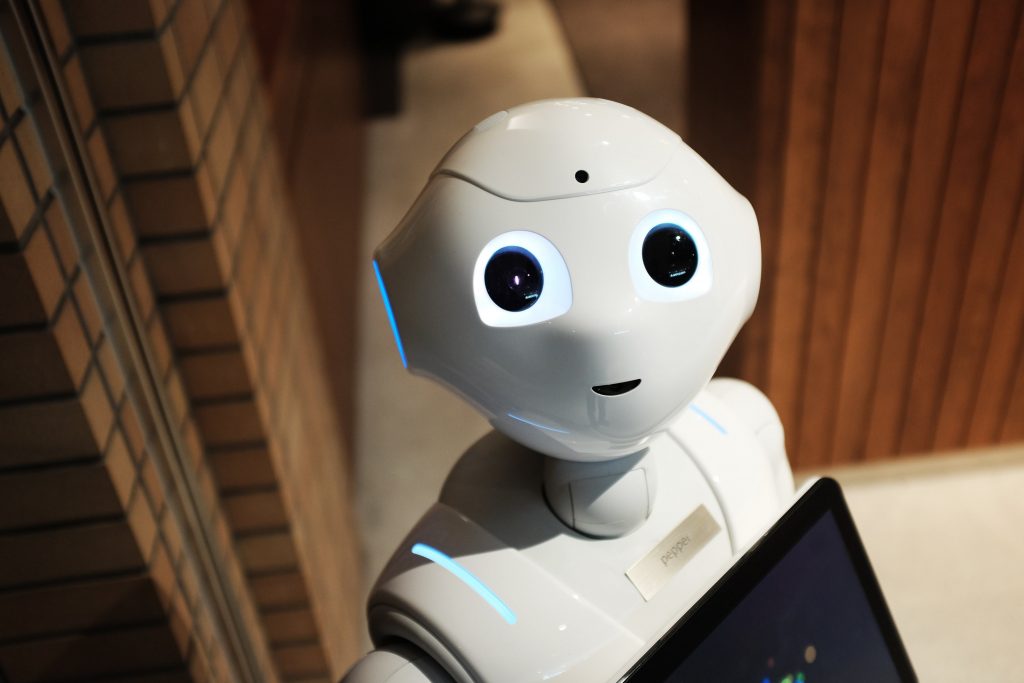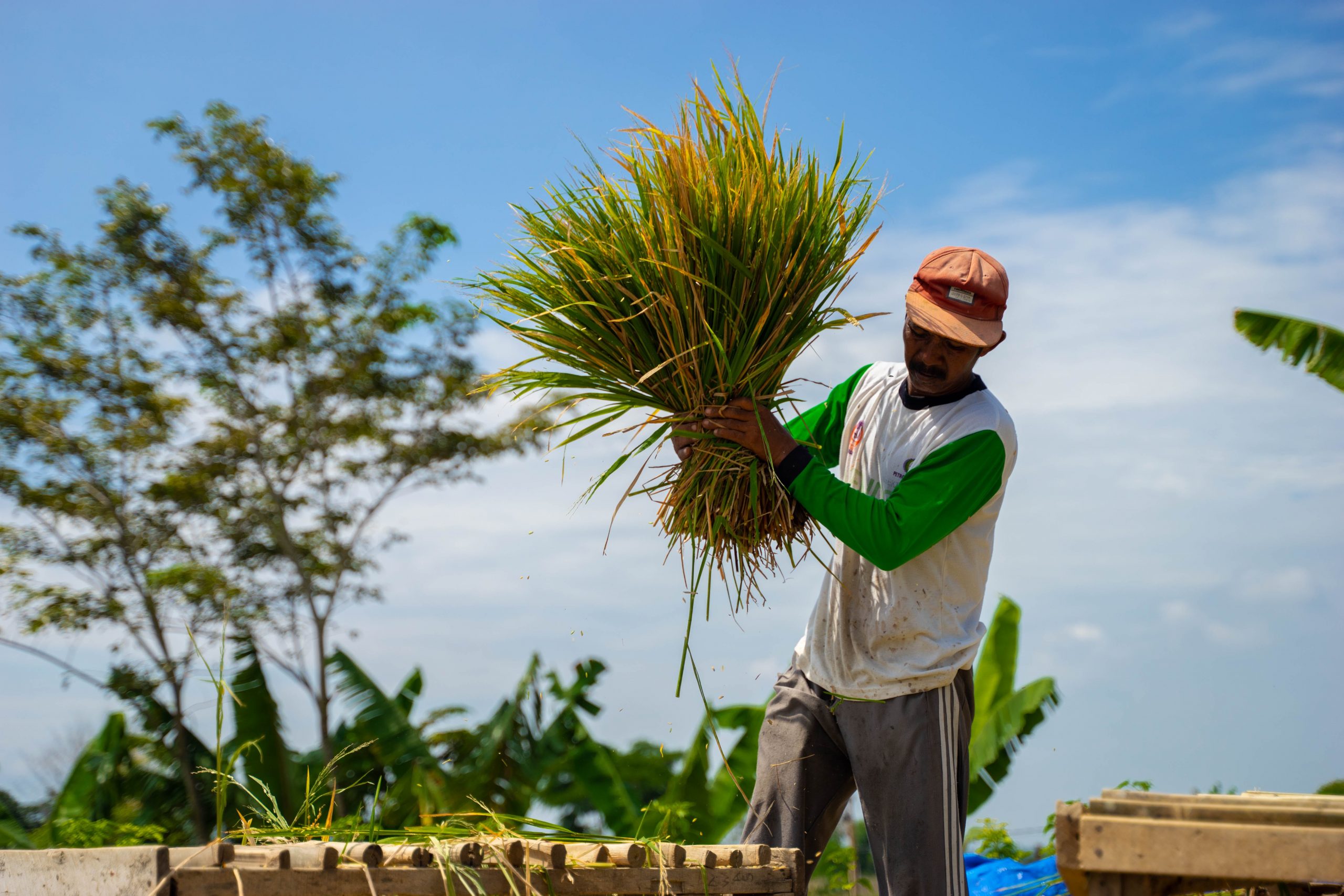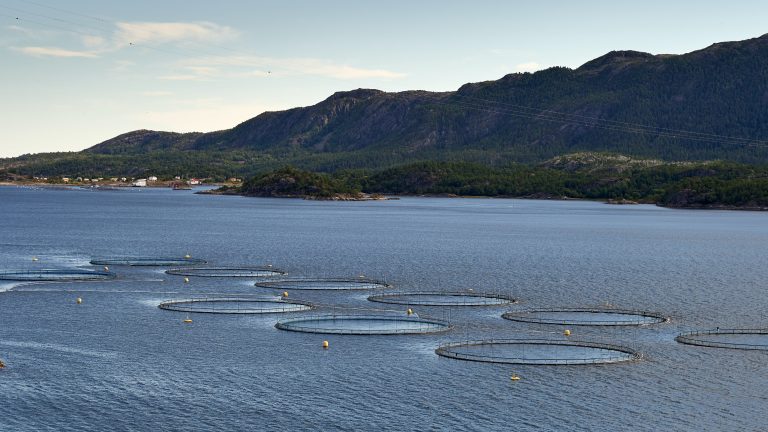Don't miss our holiday offer - 20% OFF!

Read also : IoT in Agriculture: Productivity and Sustainability
Modern agriculture faces various challenges that require innovative approaches for success. In an effort to enhance productivity, efficiency, and sustainability, Internet of Things (IoT) sensors have become the key to success in agriculture. This article discusses the crucial role of IoT sensors in efficient plant monitoring and management in the modern agricultural world.
Application of IoT Sensors for Monitoring

Read also : Application of Drone Technology in Agricultural Monitoring in Smart Agriculture
In modern agriculture, the use of IoT sensors has revolutionized how farmers monitor the conditions of their crops. These sensors can measure temperature, air humidity, soil moisture, nutrient levels, and sunlight. The data collected by these sensors can be accessed in real-time through mobile applications or computers. This enables farmers to monitor their farming conditions more accurately and promptly. IoT sensors can also detect diseases and pests on crops earlier, allowing for more timely preventive actions. This helps reduce losses caused by crop disturbances and excessive pesticide use.
Application of IoT Sensors for Efficient Plant Management

Read also : Smart and Efficient: Leveraging Motion Sensors for Energy-Efficient Buildings
In addition to monitoring, IoT sensors play a significant role in efficient plant management. They assist farmers in making smarter decisions regarding irrigation, fertilization, and plant maintenance. For instance, soil moisture sensors can inform farmers when to irrigate crops, avoiding water wastage and reducing operational costs. IoT sensors also enable precise fertilization, preventing overuse or nutrient deficiency. This contributes to healthier and more productive plant growth. Furthermore, more efficient fertilizer usage supports agricultural sustainability by reducing environmental impact.
Conclusion
The implementation of IoT sensors in modern agriculture is the key to success in improving productivity and sustainability. With the ability to monitor and manage plants more effectively, farmers can reduce resource wastage and increase crop yields. This technology has brought positive changes to agriculture, helping meet the increasing global food demand while preserving the environment. That is why IoT sensors are the key to success in modern agriculture.





